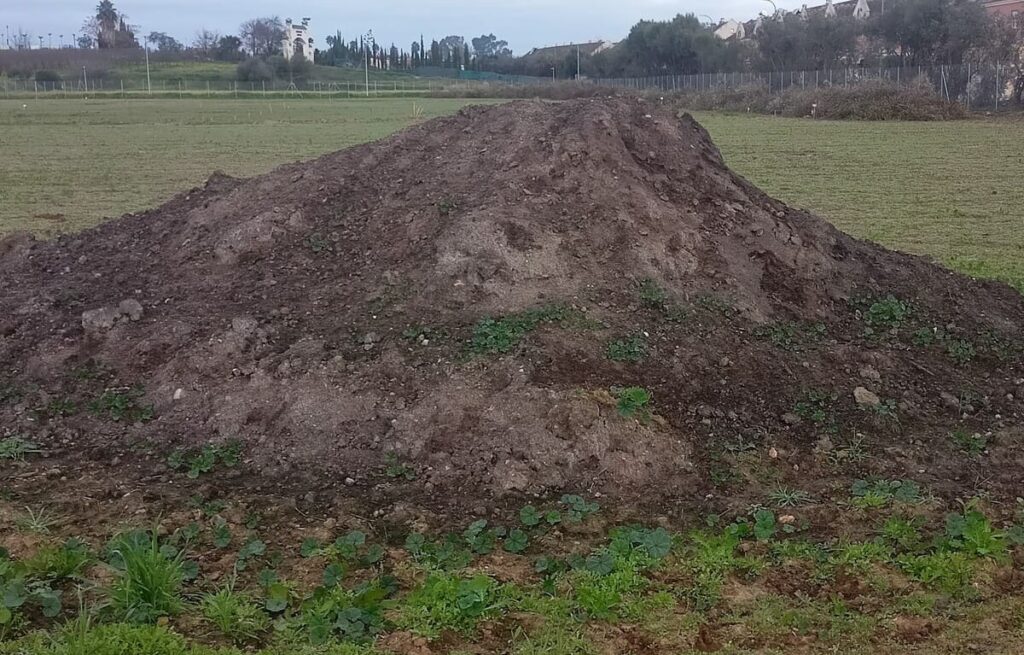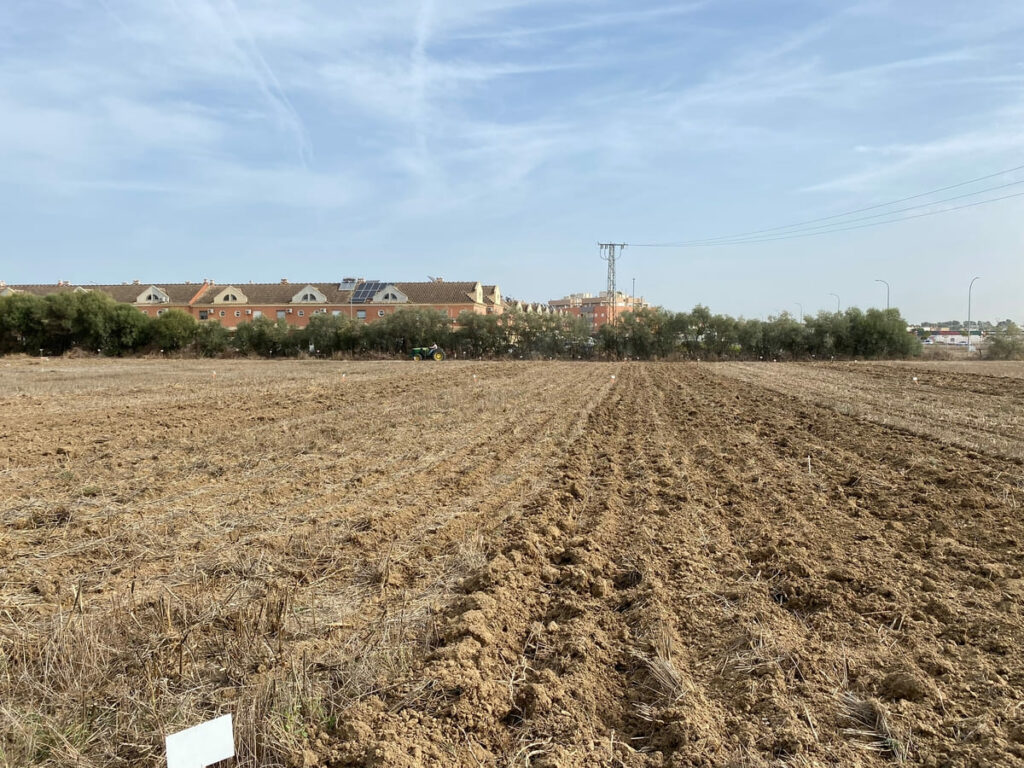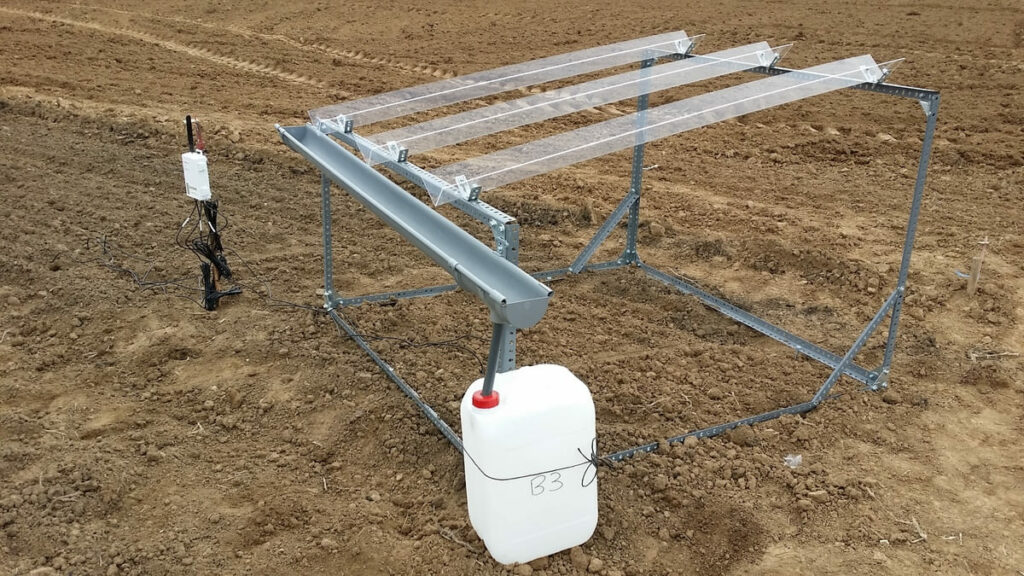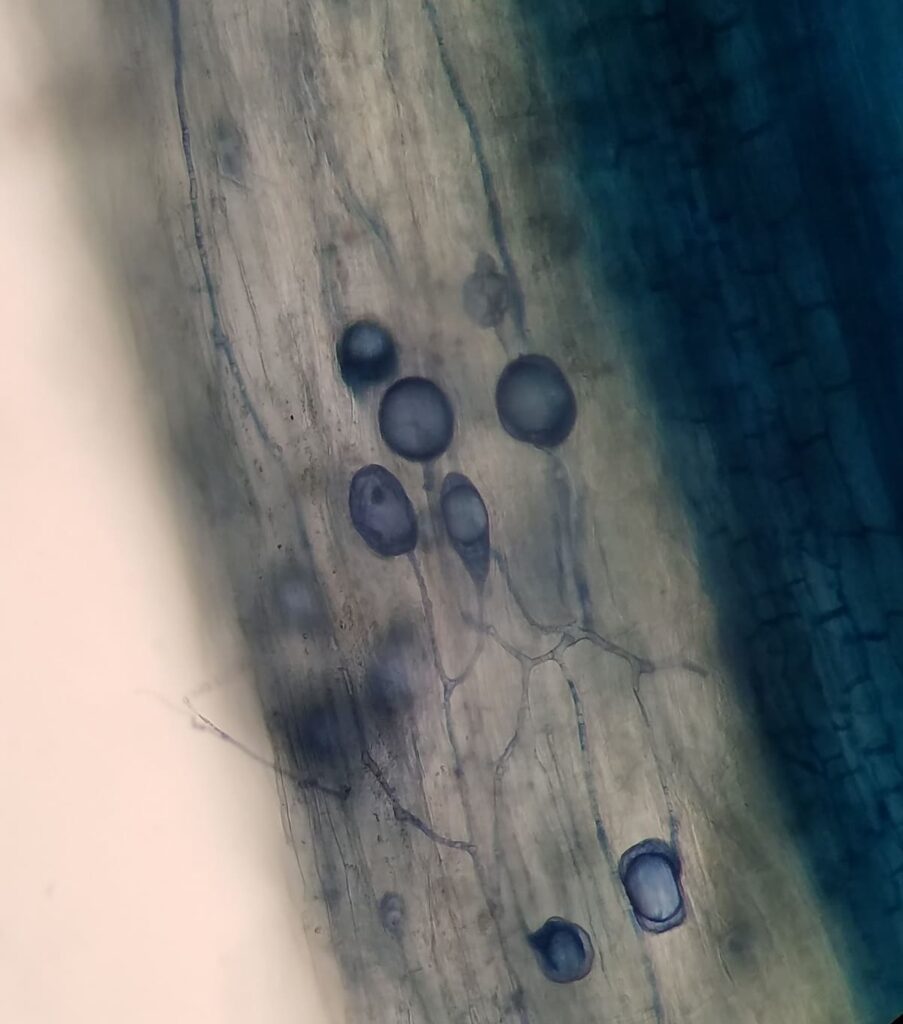Biosolids
Biosolids or sewage sludge are an important type of waste resulting from different wastewater treatment processes. Its application to soils (after treatment) has great potential due to its organic matter and nutrient content, which is especially important in soils such as Mediterranean soils with low fertility levels. Its use is not only an improvement for the soil but also a clear commitment to the recovery of waste and the circular economy.
To learn more about biosolids, contact our partner Ambiental y Sostenible SL (link)


Tillage
Tillage plays a fundamental role in the management and conservation of soil in agriculture. It contemplates all the labors that are carried out in the preparation of the soil before the planting of any type of crop. Our project will compare the effects of traditional tillage, characterized mainly by turning the soil by f a moldboard plow and less presence of residues from sowing, with conservation tillage, which includes a set of techniques that avoid the use of the moldboard plow, they reduce the number of tillage and maintain a residue cover of at least 30% of the surface.
Rainout shelters
Climate change projections for the end of the century estimate a reduction in rainfall of around 30% for the Mediterranean region. This is precisely what these structures, integrated with transparent acrylic bands, which exclude approximately 30% of the inflow of rain without affecting other environmental variables, intend to reproduce these conditions.


Mycorrhizal fungi
The microorganisms that inhabit the soil are related to each other, balancing the natural environment and promoting its natural fertility. Fungi establish close symbiotic relationships with the roots of plants that can be of vital importance throughout their growth period, improving the absorption of nutrients and water, increasing resistance to water stress conditions. That is why at Waste4drought we pay special attention to the conditions and practices that benefit their colonization.